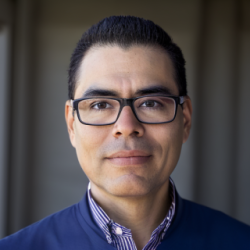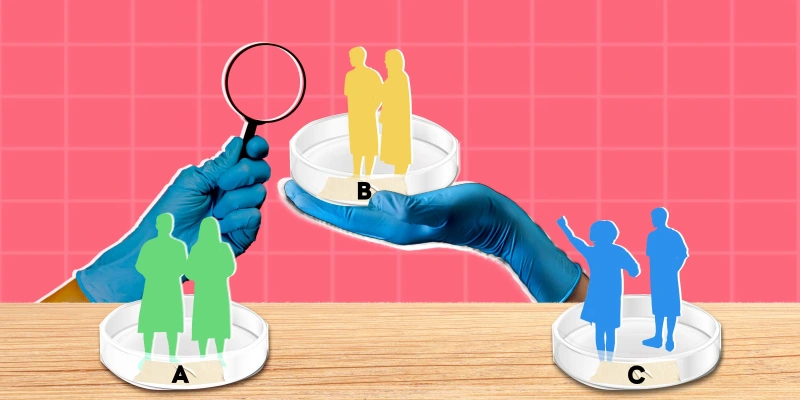It is fair to say that most who go through their medical training will experience impostor syndrome at one point or another. This phenomenon is when someone with a satisfactory track record of competence instead feels like their skills and ability are not enough, to the extent where they feel like a fraud among their peers. As a pre-med, medical student, resident, fellow, or attending, thoughts tend to creep in, posing questions such as, "Do you even belong here?" and "Will you ever be good enough?" This topic is being discussed more frequently in the early years of training, as it should. Medical students and residents are very familiar with this phenomenon. Especially because women and young physicians are most likely to experience impostor syndrome which can result in a higher level of burnout during their career and training. But I would argue that simply knowing about it and discussing its existence can only do so much to combat it.
Walking into the Women in Medicine Summit as a resident, the shadow of impostor syndrome sitting heavy on my shoulder, I was admittedly intimidated by the incredible faculty present. Here I was, standing in front of so many inspirational, trailblazing women in medicine. I was taken aback and even found myself thinking, “I will never be that successful.”
As the Summit progressed, my mentality started to change. Witnessing Rana Awdish MD, MS share her impactful journey and how one could heal with purpose, or experiencing the emotional connectedness shared on stage between Kimberly Manning MD, FACP, FAAP and Ashley McMullen, MD, the realization started to sink in. These women have paved a path. This path, though it is more of a gravel road that still needs a lot of work before it is a fully paved, easily accessible highway, nonetheless represents a way forward for future women in medicine. This path shows that there is a way to achieve your goals in medicine. As a resident, it can be intimidating but everybody must start somewhere.
The system is designed to not include you, adding more fuel to the fire that is impostor syndrome. Acting more assertive and masculine is praised when done by a man but when a woman does it, they are perceived as more difficult or bossy. This is known as the double bind dilemma for women in leadership. Men who make mistakes are tolerated or ignored while women constantly receive criticism. Sometimes it feels like you just cannot win. But learning from these speakers, I realize, you cannot begin to change the system until you can understand its flaws. You have to learn from your predecessors about how to navigate it as a woman in medicine and stand on their shoulders to continue making strides to change the system.
Through the Women in Medicine Summit, I realized that just being in the company of a diverse group of role models who are exceptional in their field and want you to succeed gave me an overwhelming feeling of empowerment. Seeing these incredible women in medicine share their vulnerabilities and their success stories did more for my impostor syndrome than people simply offering me vague reassurances like “No, you’re supposed to be here.” “Oh please, you’re so smart.”
Sometimes being amongst the giants of medicine can be intimidating. But even just being amongst the giants means you are already actively taking strides to combat impostor syndrome, standing on their shoulders to make changes toward the system, and carving out your own path to success.
Christina Brown, MD is a PGY-2 in the Emergency Medicine/Internal Medicine combined program at Christiana Care in Newark, DE. You can follow her on Twitter @ChristiB_MD
Illustration by Diana Connolly







